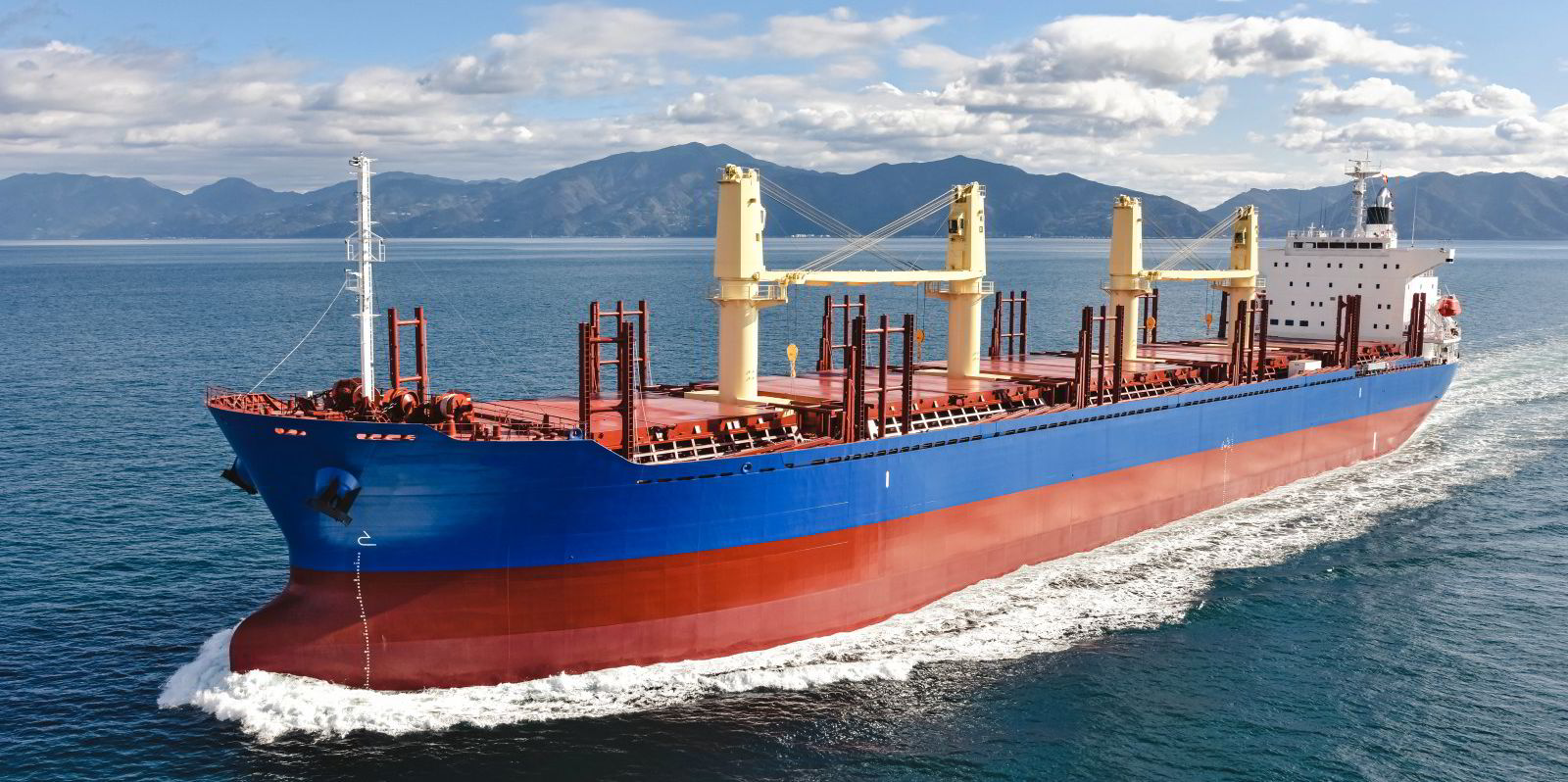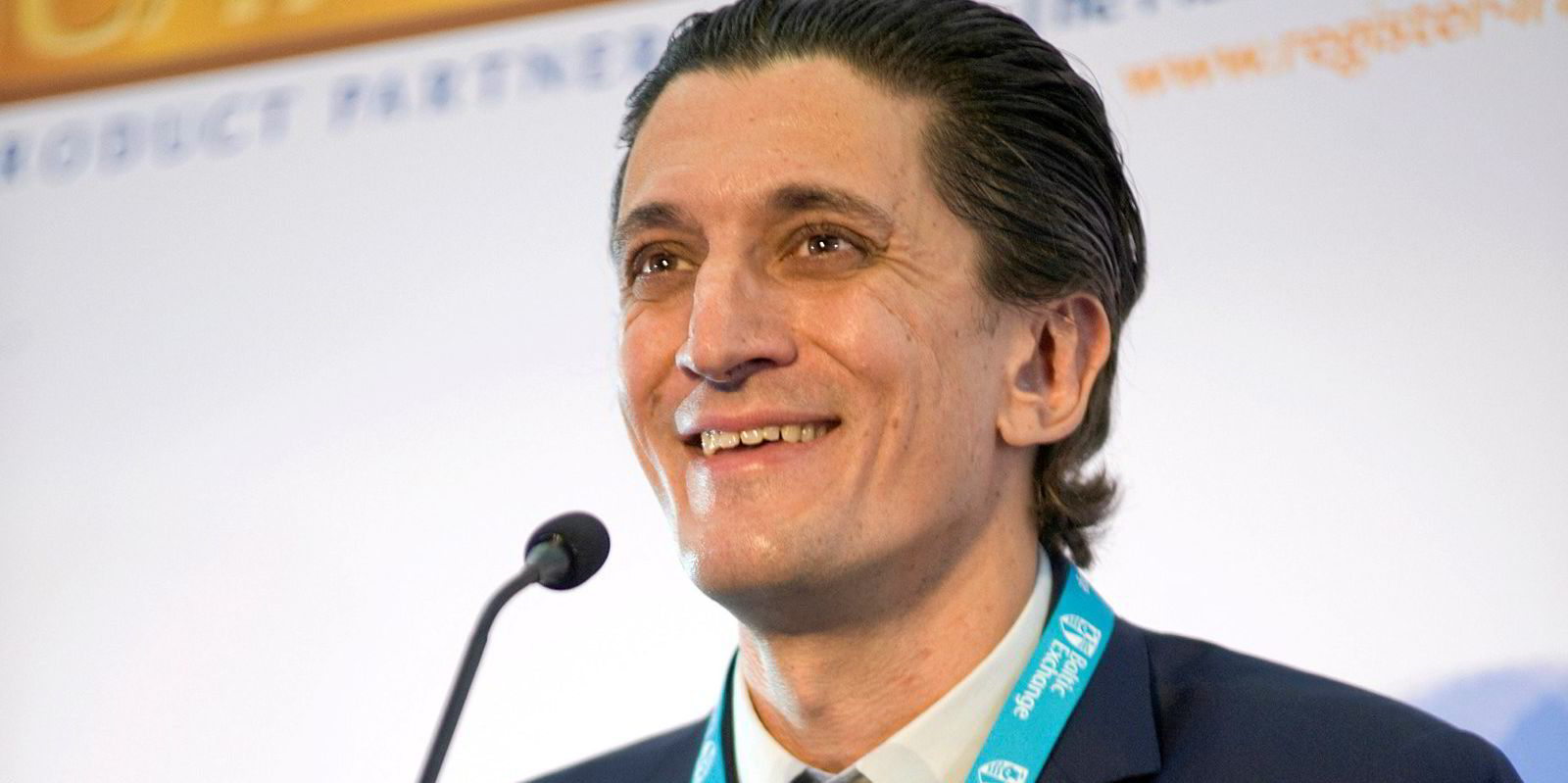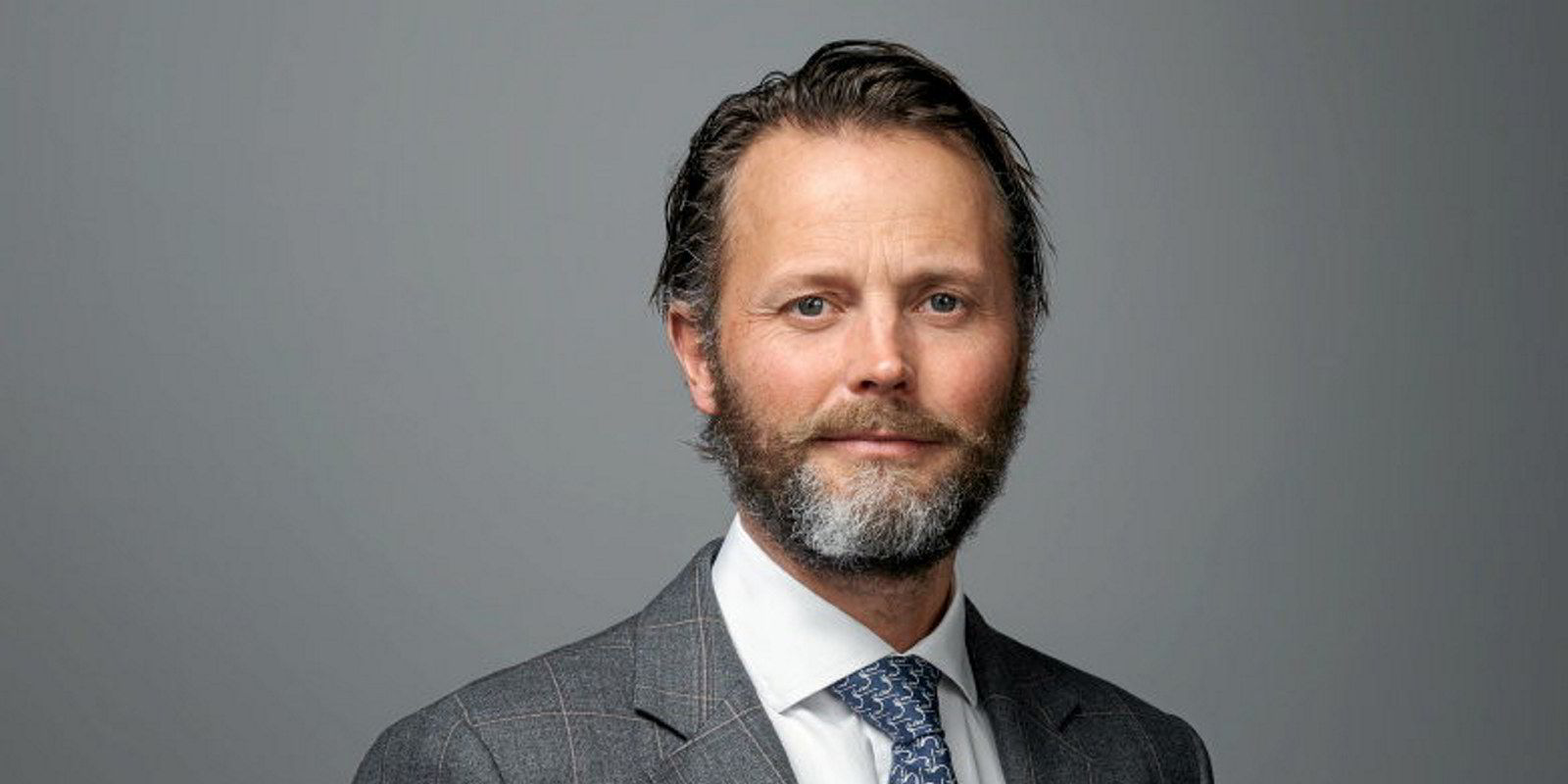Private Hong Kong shipowner Taylor Maritime is going public with a $250m London initial public offering to capitalise on booming bulker markets.
The group, founded in 2014 by chief executive Edward Buttery, is spinning off Taylor Maritime Investments (TMI) to acquire a "seed" fleet of 23 modern, geared handysizes and supramaxes.
Most of these will come from the parent, but others will be acquired from third parties.
TMI, which was formed in Guernsey in March, has identified a pipeline of potential future acquisitions worth $500m to expand the fleet. These will mainly be in the same bulker classes.
Following Tufton
The company is aiming to sell 250m new shares at $1 each on the London Stock Exchange in the first big shipping IPO there since Tufton Oceanic Assets in 2017. A prospectus is due in early May.
The IPO proceeds are expected to be fully committed to the initial fleet, most of which was built in Japan.
"It dawned on me about 15 months ago that I have hedge fund and private equity money, fantastic investors, who don't necessarily want to be shipowners for a very long time, and I should start to plan for the future," TMI chief executive Buttery told TradeWinds.
"We've got this great product and a great opportunity to go and meet smart people in London who have realistic expectations."
Offered on a silver platter
Buttery added: "There is this window with high rates and low prices, and I want to bring that on a silver platter to the London market."
Investment bank Jefferies International is acting as sole sponsor, global coordinator and bookrunner for the IPO.
Some of the fleet purchase price will comprise TMI stock.
Underlying investors in, and principals of, Taylor Maritime will receive TMI shares for their combined $24m interest in the vessels transferring to TMI. Executives are also transferring.
The initial fleet will have an average age of 11 years.
A total of 17 of the bulkers are under Taylor Maritime's commercial management.
The other six are being sold by big-name companies "well known" to the TMI executive team and Taylor Maritime.
Taylor Maritime, which will retain some legacy ships, is listed with 24 vessels assessed as worth $281m by VesselsValue.
High-quality fleet

Buttery said TMI is pleased to have been able to assemble a high-quality seed portfolio that will ensure efficient deployment of IPO proceeds at attractive prices.
"Our internal management structure ensures we are fully aligned with investors with no external management, performance or acquisition fees, while our long-term ungeared capital structure will support sustainable returns for investors over the long term," he added.
TMI chairman Nicholas Lykiardopulo of Neda Maritime said the new company will offer investors an excellent opportunity to invest in a diverse portfolio that will deliver attractive, immediate cash flows and the potential for capital growth at a time when the fundamentals for the asset class are compelling.
"Robust demand for dry bulk, an all-time low supply of newbuild ships — as a percentage of the existing fleet — coinciding with low ship acquisition costs are presenting an outstanding entry point in the current cycle," he added.
TMI said the ships have demonstrated average yields in excess of 7% per year, and are capable of being acquired at valuations that are expected to be below long-term average prices.
The company will, therefore, initially target an annual dividend of 7%, with the potential for further growth over the long term.
The target for the total net asset value return is between 10% and 12% over the medium to long term.
TMI will sign a commercial management agreement with Taylor Maritime for the fleet.
The new company will not take on long-term or structural debt, but will enter into short-term revolving credit facilities to buy vessels.
Charters to vary
The strategy is to be flexible on employment.
TMI will mix up short-term charters of less than six months, medium-term charters of up to a year, and longer-term deals of more than 12 months.
The idea is to "reduce" income variability, the company said.
The company's executive team has maintained long-standing ties with a variety of blue-chip counterparties in the dry bulk trade, including Cargill, Swire and Louis Dreyfus.
"Diversification among these charter counterparties, including concentration limits, is a key component of the company’s risk management policy," TMI added.








